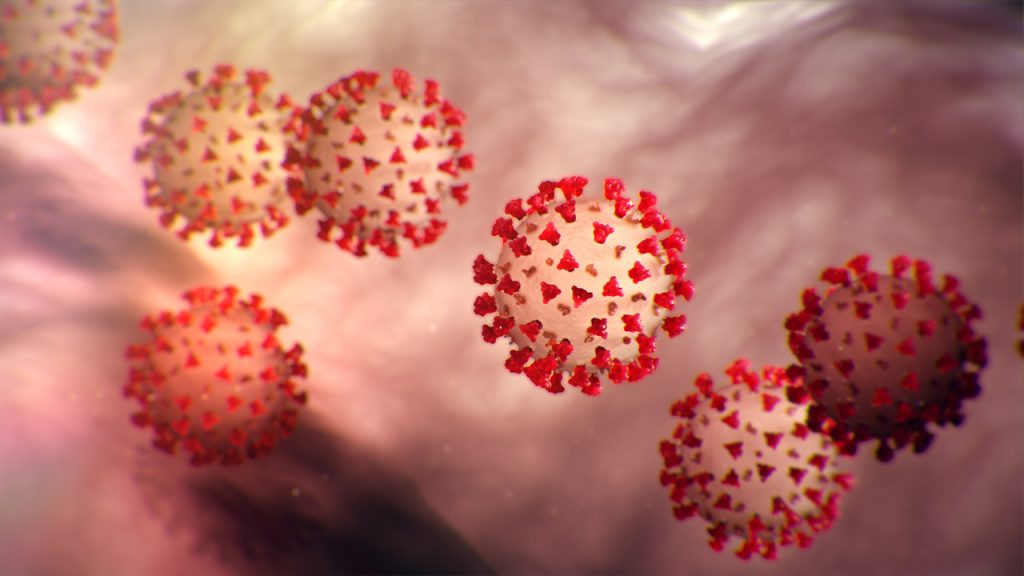Survivor details physical, emotional, financial costs: ‘My covid19 nightmare’

Getting the covid19 virus can mean a long, pain, slow and costly recovery process...if you survive.
Former Petrotrin employee Roland McIntosh knows this all too well. He fell victim to the virus in 2020 and although he has recovered, eight months after his diagnosis, he is still struggling with the after effects of the disease.
He told Newsday that he spent six weeks at the Couva Hospital and even now, covid19 free, he still has trouble breathing and tires easily. But he is thankful to still be in the land of the living when so many – 87 alone this month up to Thursday – have died from the virus.
“I feel so lucky to be alive. I am one of the lucky ones, thank God,” McIntosh said.
He said he spent weeks hooked up to an oxygen supply, had over 100 injections and received dozens of vials each of painkillers, antibiotics, blood thinners and nebulisers. He lost 50 pounds.
“People really don’t know. I went in (to the hospital) for my birthday in September. It was the worst. I didn’t think I’d make it.
“And nor did my wife. Almost every day she was in tears when she called. I was able to talk to her, when I began to feel better, on WhatsApp.”
But before he recovered to that point, McIntosh described covid19 as “a level of torture. I could not get up for three weeks. If I had to get up it was just to get off the bed to use the bedpan, because I wouldn’t use it on the bed.
“It had many days I couldn’t get up. The nurses had to come and lift you, with bottle (for urination), then wipe you off and put you back on the bed. That’s how bad it was. I lose all my dignity there.”
In hospital he found himself lying among politicians and doctors all under treatment, a fact that shows the virus does not discriminate.
He hailed the medical staff as often going beyond the call of duty, describing dedicated nurses with beads of sweat on their foreheads working 12-hour shifts. “They are the real heroes although the population generally aren’t aware of them.”
“In that month I never once heard them talk rough to a patient.” McIntosh remembered a time a nurse thought a patient had died.
“She told him, ‘How you getting on so naughty, boy? You want to give us a scare?’ It’s the most loving set of people you’ll ever find. All of us who were up there could vouch for that.
“A little while after, you see eight, nine doctors and nurses, people you could never imagine we have in this country, trying to save this man’s life. Unfortunately he died at 4.15 pm.
McIntosh spoke of seeing doctors and nurses crying for their patients. “The worst thing was being on a ward and you see somebody die and they have to move them in a body bag. And you keep asking yourself, ‘Am I next?’ It was not easy.”
As for how seriously ill he himself was, he said, “I was 24 hours a day, seven days a week, for three weeks, on oxygen...You are tested four or five times in the night alone, and in the daytime.” This requires drawing blood. Lots of it.
Even after he was discharged, his stresses did not end. McIntosh said he felt stigmatised in his neighbourhood over his illness.
“I think this discrimination is one of the reasons people don’t want to go and get tested.”
He and his wife, he said, had been doing everything correctly in their daily activities, using masks and sanitisers properly.
He felt people who had been vaccinated were now behaving carelessly, and this poses a very real danger. It was for such people he shared his recollections, to let them know how painful and frightening this illness is.
McIntosh said the only way to beat covid19 was for everyone to follow protocols. “Someone came by us today and we wore our masks even though we were home.”


Comments
"Survivor details physical, emotional, financial costs: ‘My covid19 nightmare’"